Companies and Brands
The Most Seriously Questionable Advertising Slogans of the Past

Published:

While we would all love to live in a world of the “Mad Men” television show where every marketer is incredibly wise, this isn’t always the case. Of course, every good advertising campaign starts with good intentions, but sometimes, even well-intentioned slogans can be wildly questionable. This is exactly the case with all of the slogans mentioned here. Unfortunately, sometimes marketing slogans made in a room with just a few people are better off having never made it into the hands of consumers.
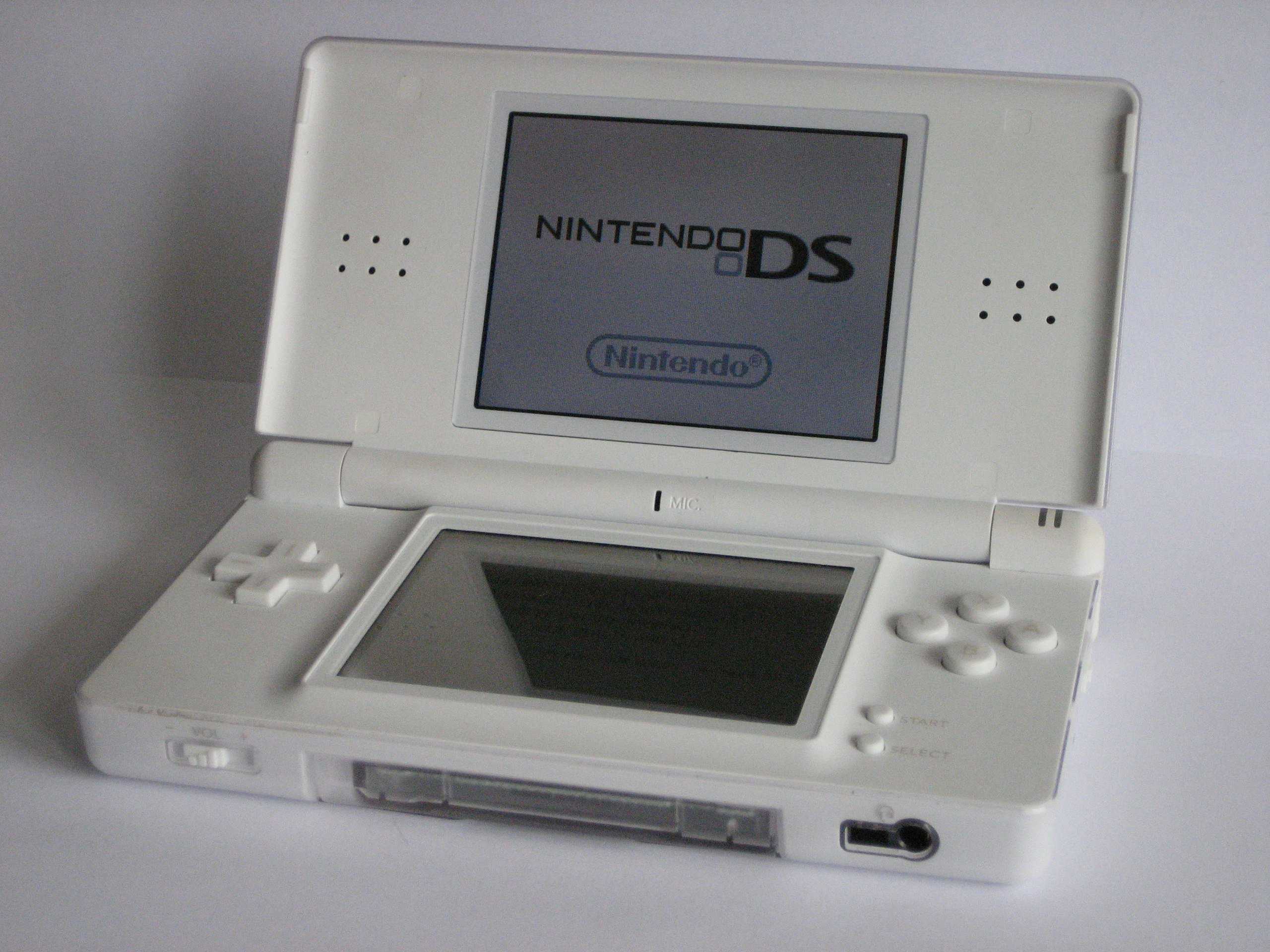
Rolled out as part of a marketing campaign promoting its new Nintendo DS video game console, Nintendo didn’t think through this slogan. As part of a $40 million campaign highlighting the device’s launch, Nintendo’s hope to come off as edgy was just creepy.

Bud Light launched the ad as part of its “UpForWhatever” campaign to help people experience new things. Of course, it wasn’t interpreted in the way the company intended, and instead, Bud Light was assaulted with complaints that the ad promoted sexual assault.
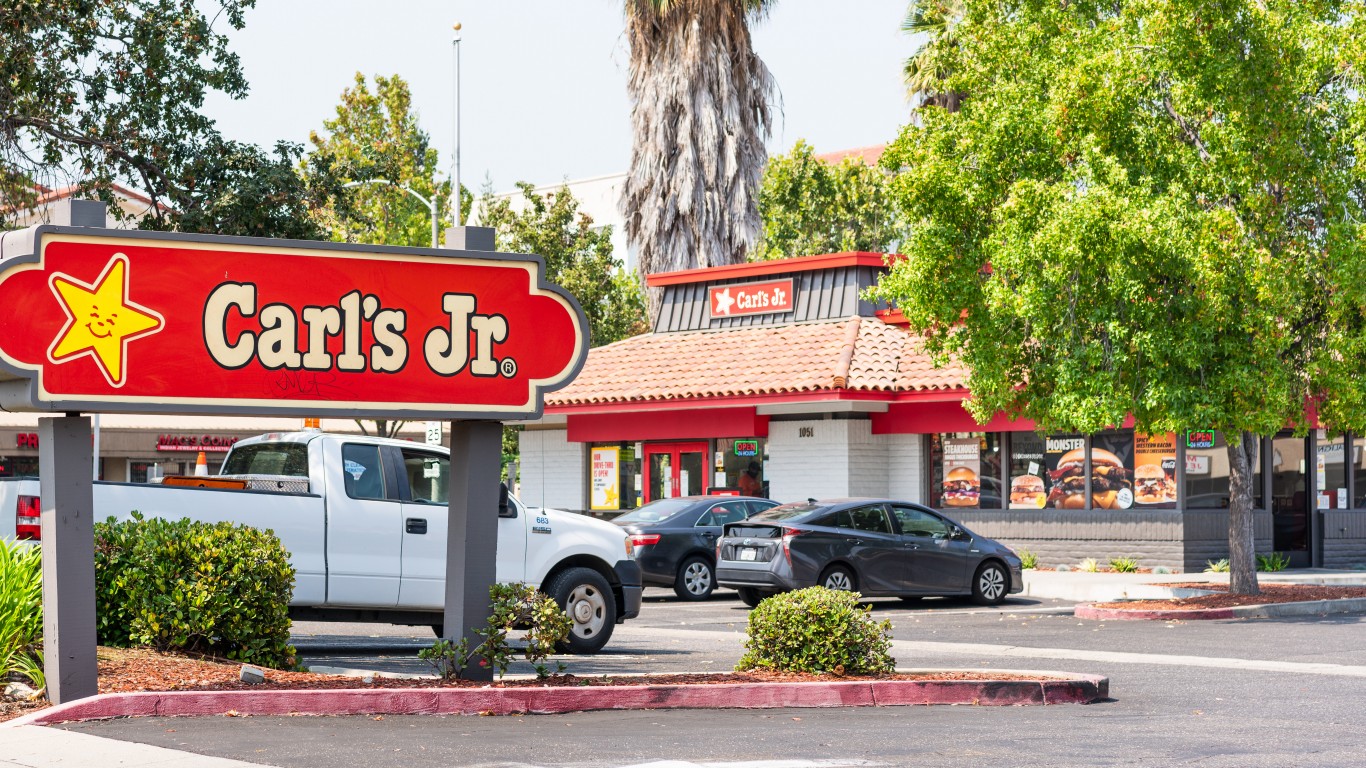
Introduced in the mid-1990s by fast food restaurant Carl’s Jr., the slogan was used by the company to sell itself through sex. The ads supporting the slogan showed young and attractive singles eating hamburgers with food spilling all over them. Surprisingly, Carl’s Jr. doubled down on the ad when people complained and told them to watch PBS.

A 2011 print ad by Proctor and Gamble was undeniably sexist. Even though the world knew the ad was sexist, there were mixed opinions on what it meant to imply. Ultimately, most people landed on this ad promoting teaching your daughter her place in society is to clean up after a man.
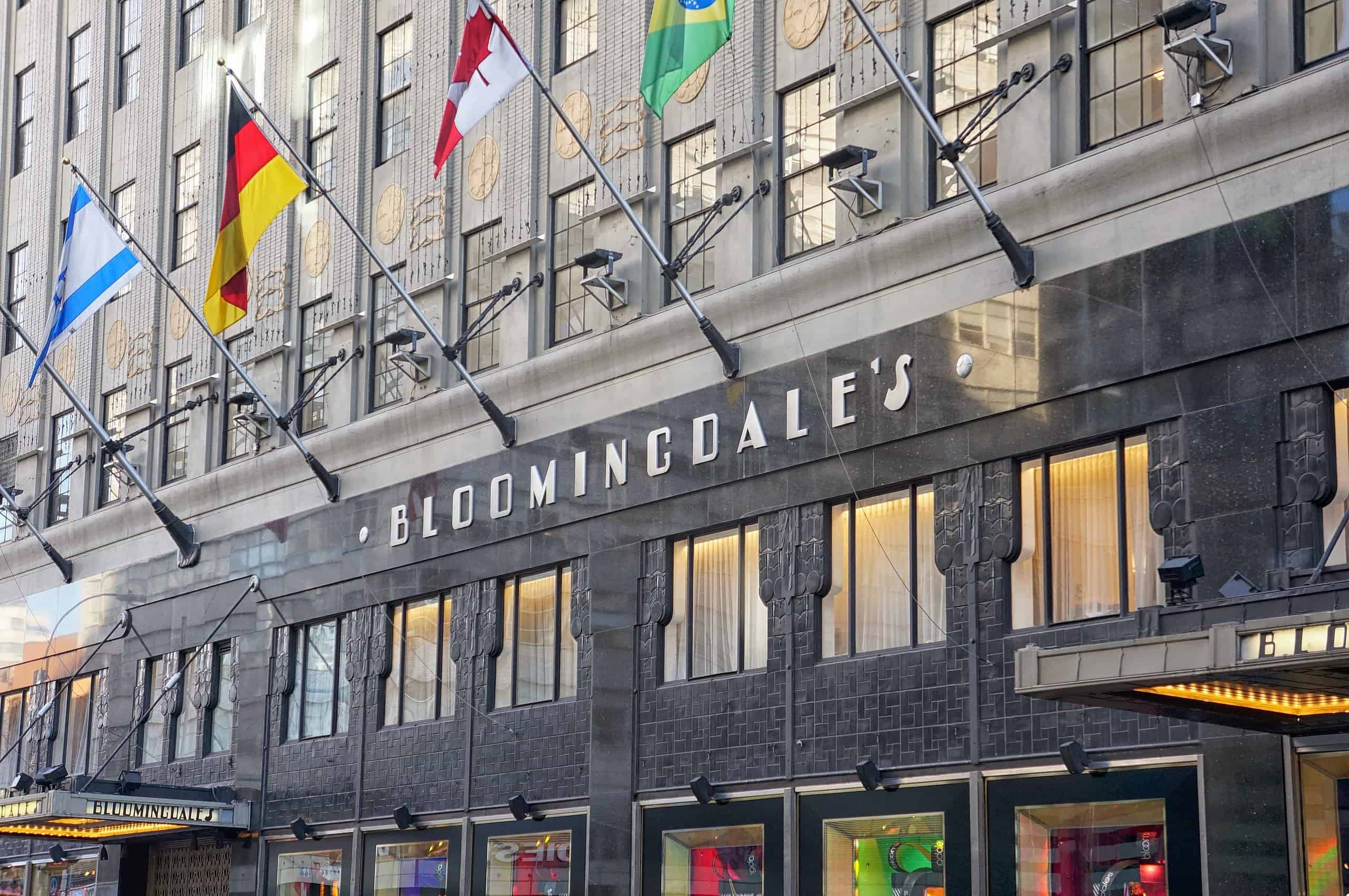
Created by high-end clothing retailer Bloomingdales, this slogan was included in the company’s 2015 Christmas catalog. Accusations were swift that the ad encouraged date rape forcing Bloomingdale’s to apologize.

Created by pen manufacturer Bic, this South African slogan celebrating Women’s Day was understandably poorly received. The company posted the ad on its Facebook page and quickly deleted it after the ad received an influx of complaints about the language.

This is a print marketing ad for the Chubette clothing line in 1957. There is just so much wrong with it. It’s impossible to imagine how this slogan got approved, thankfully, before the age of social media. The goal was to promote slim-fitting clothes for girls ages 6-16, but wow, just wow.
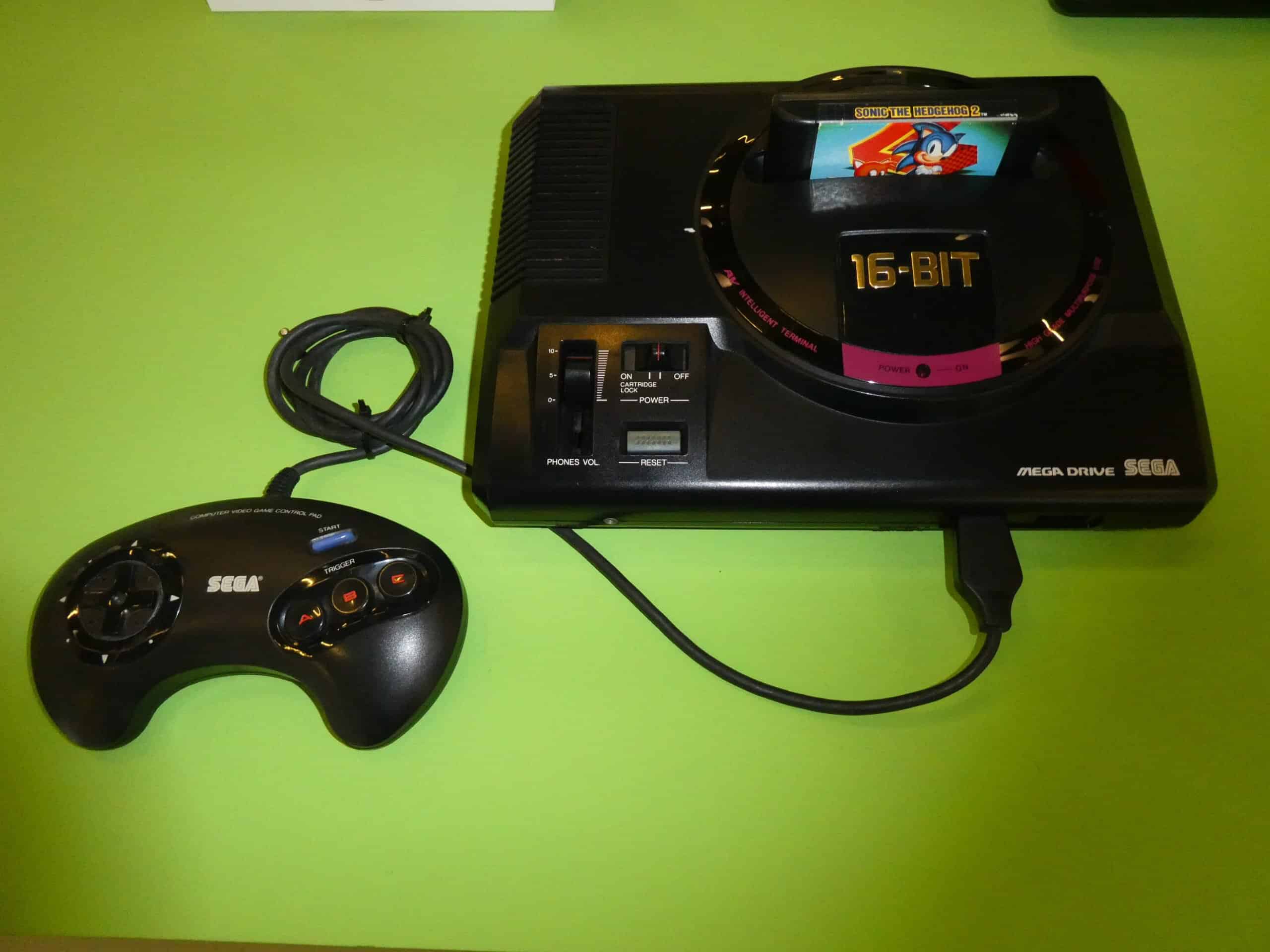
Aimed at the UK market, Sega released several print ads advertising its Mega Drive (Genesis) video game console. This language, even from a company known for bold marketing, no doubt pushed well past the line, but it was never pulled, and Sega never responded to any controversy.
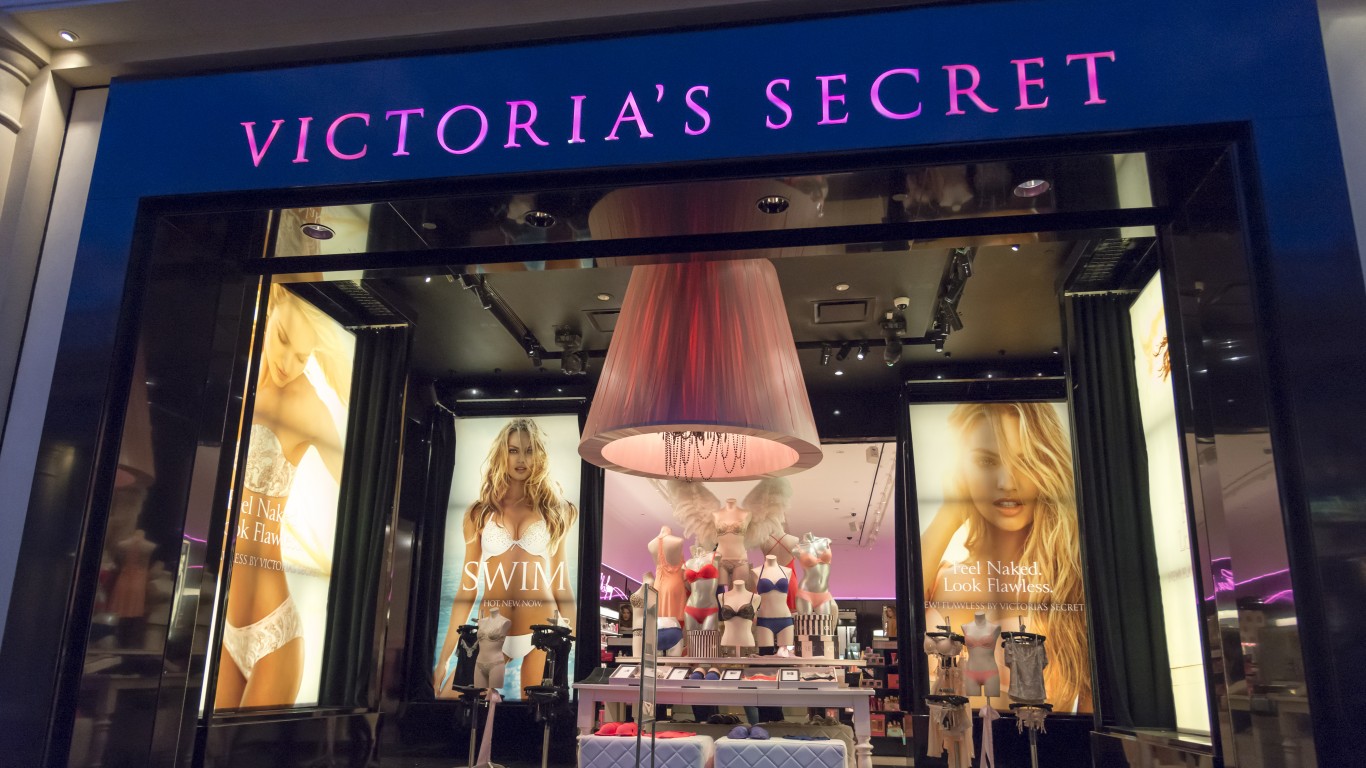
In 2014, Victoria’s Secret saw its new “Perfect Body” campaign erupt into a social media firestorm. The slogan accompanied an ad with ten very thin models, and the pushback of the ad came fast and furious. The company quickly changed the online ad to read “A Body for Every Body.”
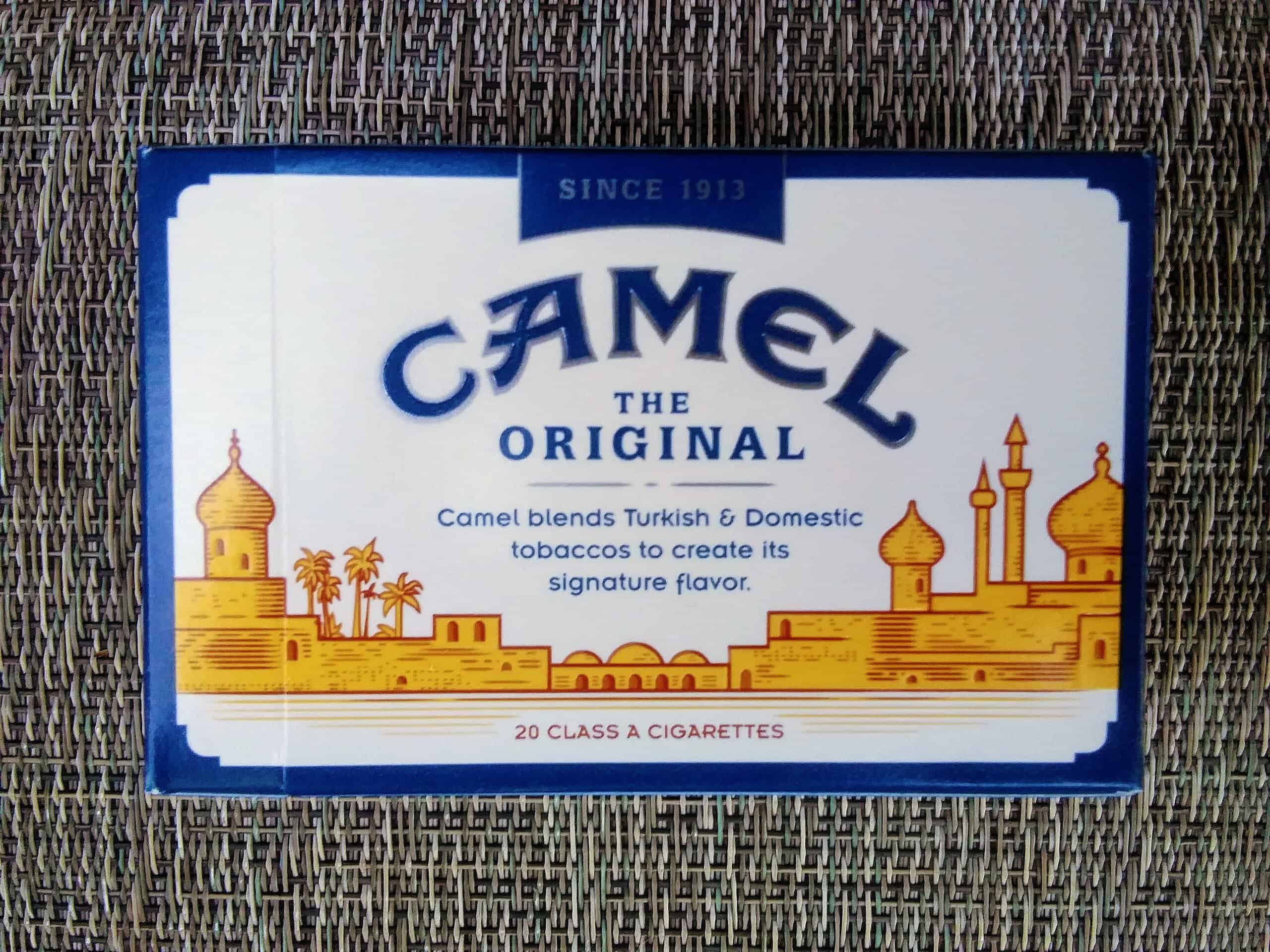
During a time when the dangers of smoking weren’t truly well known, Camel promoted itself in print ads with this now incredibly misleading saying. Of course, the doctors in the ads were not real, and it’s impossible to imagine a world where any doctor would ever promote such a habit.

There is no question that Weight Watchers has successfully helped people lose weight, but this time, it had to lose a campaign slogan quickly. The hope was to promote Weight Watchers as the ideal diet choice, but the ad was perceived as ridiculous since the brand and dieting are so closely aligned.

What sounds like an ad from the 1960s was actually from a 2010 Good Housekeeping magazine. Pretzel Crisps, a popular pretzel snack, attempted to fat-shame the population with the slogan “You can never be too thin.” To no one’s surprise, the ad was quickly pulled.
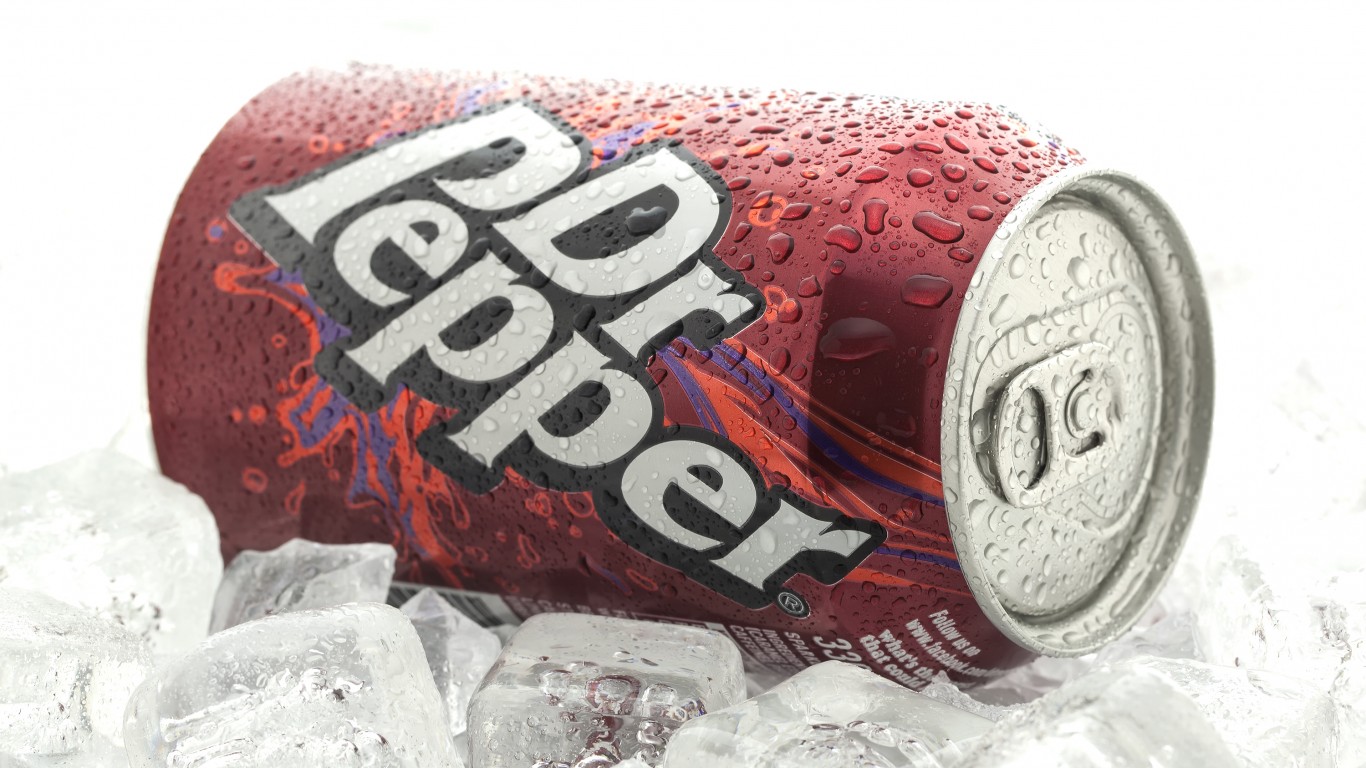
Somehow, the team at Dr. Pepper approved this slogan in 2011, which, unsurprisingly, was only short-lived. The drink, Dr. Pepper Ten, was intended to focus on a male audience, but what was intended as irony came off as sexist and was pulled after receiving national attention.
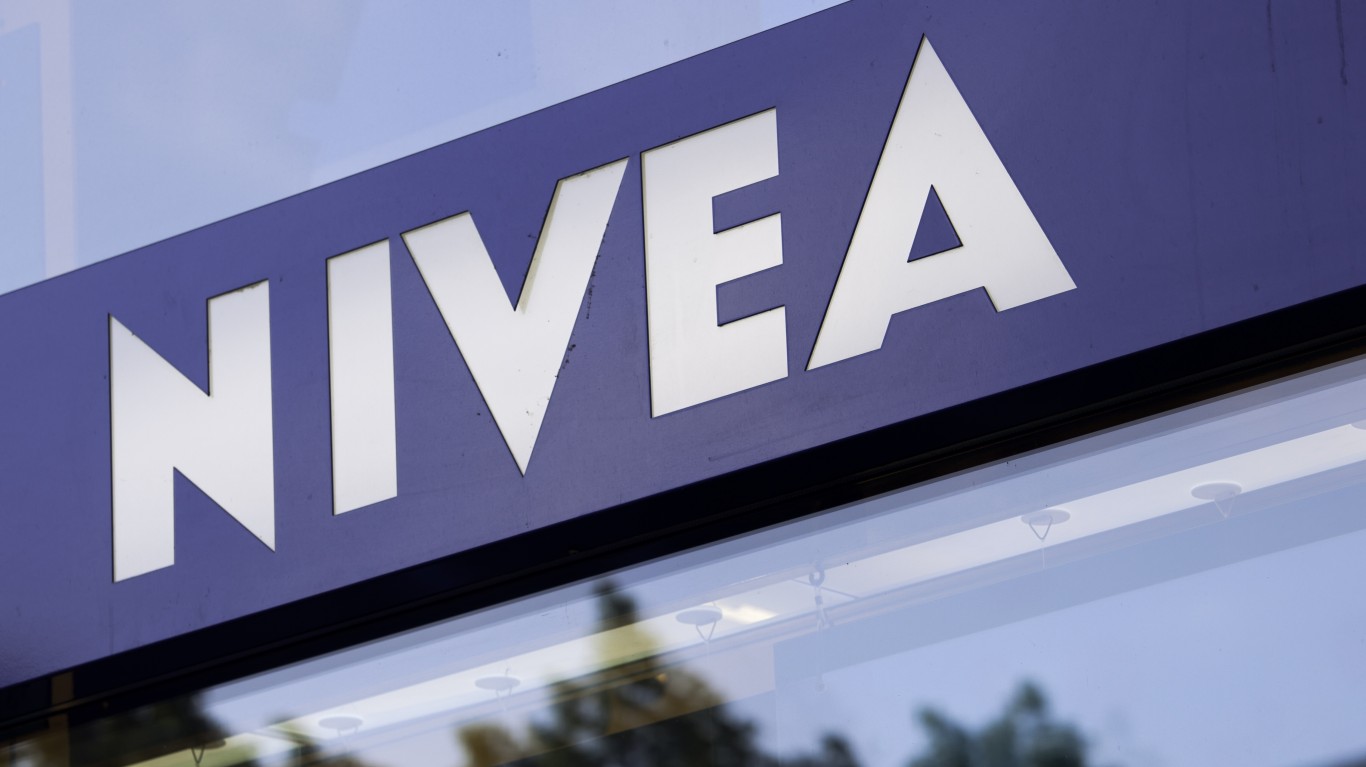
It’s almost impossible to think of how the marketing department at Nivea’s Middle East business approved this slogan. Created in support of a new spray deodorant, it was said to reference the whole “invisible” deodorant idea that won’t stain your clothes. Of course, it came off as racist, and other Nivea branches, like inside the US, had to distance themselves from the event.

Debuted in Germany by Reebook, this campaign slogan was unsurprisingly short-lived. Reebok was accused of being both sexist and misogynistic and even lacking an understanding of its female audience. The company was forced to remark that it did not condone “cheating in any way.”
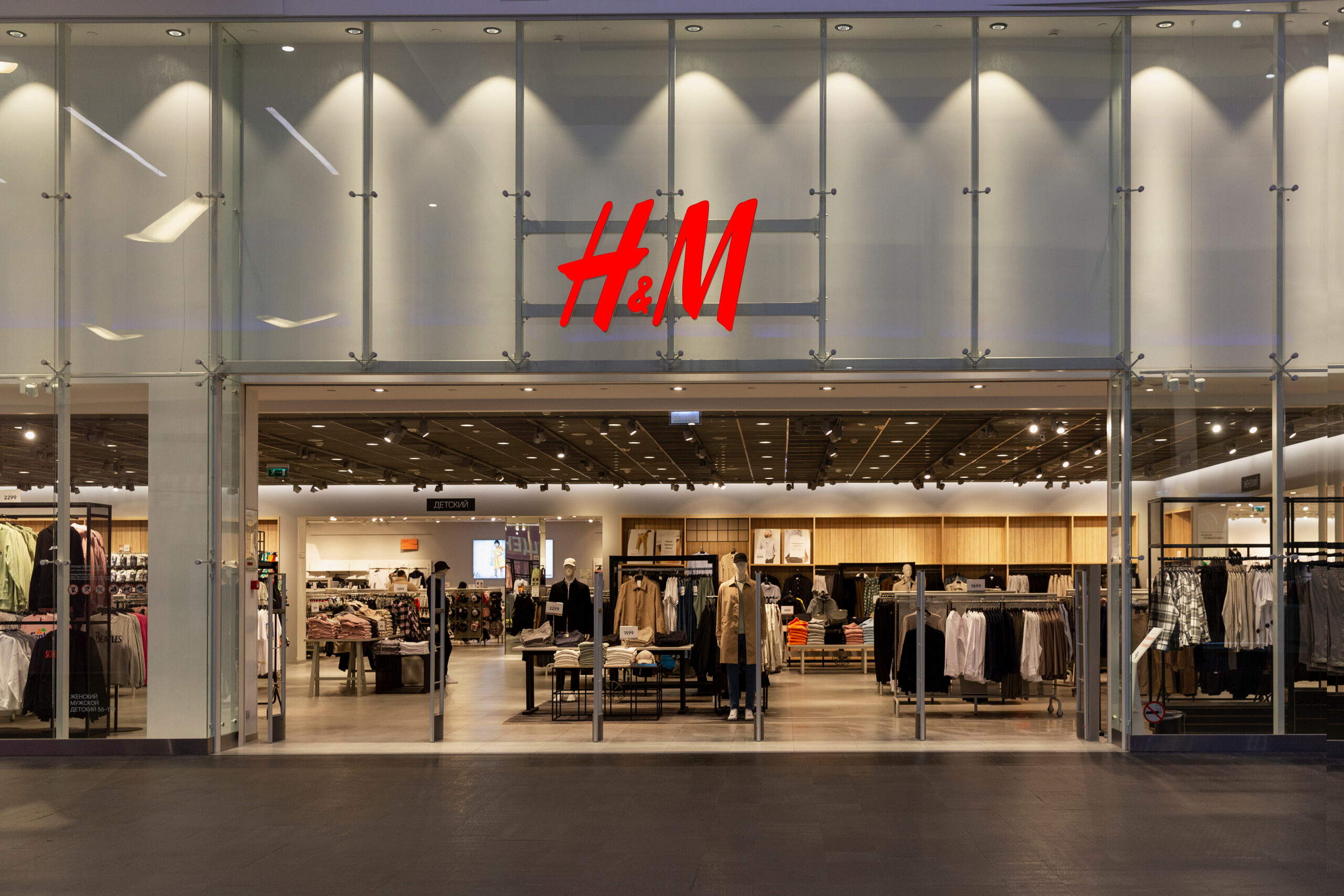
What seems like a good ad for a zoo was actually an advertising campaign from popular clothing retailer H&M. Released in 2018, the slogan itself doesn’t appear to have much wrong until you realize it’s alongside a young child model of African-American male descent. As “monkey” is considered a racial epithet, H&M apologized for the ad and pulled any clothing that included the language.
Start by taking a quick retirement quiz from SmartAsset that will match you with up to 3 financial advisors that serve your area and beyond in 5 minutes, or less.
Each advisor has been vetted by SmartAsset and is held to a fiduciary standard to act in your best interests.
Here’s how it works:
1. Answer SmartAsset advisor match quiz
2. Review your pre-screened matches at your leisure. Check out the advisors’ profiles.
3. Speak with advisors at no cost to you. Have an introductory call on the phone or introduction in person and choose whom to work with in the future
Thank you for reading! Have some feedback for us?
Contact the 24/7 Wall St. editorial team.